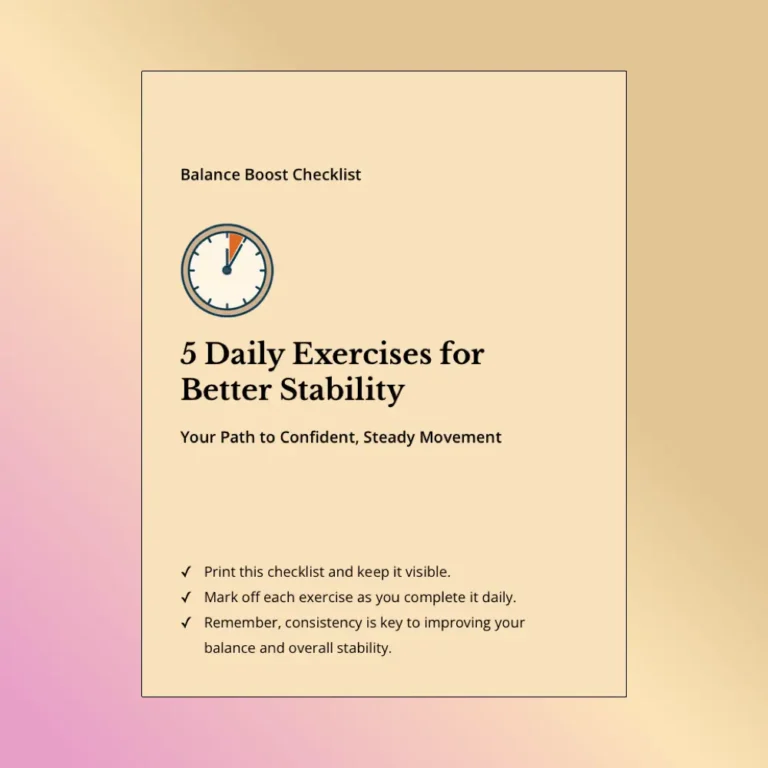
Highlights

Anxiety isn’t just a young person’s problem; it can grip the lives of seniors with an intensity that often goes unnoticed. As we age, life’s challenges can amplify feelings of worry and unease. Understanding how to help seniors manage anxiety effectively can dramatically improve the quality of life for older adults. This guide explores practical strategies, therapeutic approaches, and lifestyle changes specifically for seniors, helping them overcome anxiety and reclaim their peace and joy.
Anxiety can be described as a feeling of worry, nervousness, or unease about something with an uncertain outcome. Anxiety in older adults often shows up in various ways, including:
Being aware of these anxiety symptoms in the elderly is crucial. Recognizing when these feelings arise can be the first step toward managing anxiety effectively.
Several types of anxiety disorders can affect older adults:
Understanding these common anxiety disorders helps in the diagnosis and treatment of anxiety in older individuals.
Several factors can trigger anxiety in older adults, including:
Understanding these risk factors for anxiety helps in finding effective strategies to relieve anxiety in older people.
When anxiety becomes overwhelming, seeking professional help is key. Therapists trained in geriatric mental health can provide specific strategies to help manage anxiety effectively. Cognitive behavioral therapy (CBT) is particularly helpful for older adults, focusing on changing negative thought patterns and behaviors linked to anxiety. Many older adults with a diagnosed anxiety disorder find significant relief through professional treatment options.
While medications can be effective in managing anxiety in the elderly, they often come with side effects. Here’s a quick overview of treatments for anxiety:
Adding relaxation techniques to daily routines can make a huge difference in anxiety management for older adults. Here are some effective strategies to help your loved one overcome anxiety:
Deep breathing can calm your nervous system and help reduce anxiety. Here’s a simple method:
This technique promotes relaxation and can significantly relieve anxiety in older adults. For more detailed guidance, explore these breathing exercises for the elderly to improve lung function.
This method involves tensing and relaxing different muscle groups to release tension. Here’s how to do it:
Regular practice of this technique can help reduce anxiety levels and is particularly beneficial for older adults.
Mindfulness encourages living in the moment and can significantly reduce anxiety in seniors. Start with a simple meditation practice:
This practice builds a sense of calm and clarity, which can help your loved one manage excessive anxiety.
Your surroundings can greatly influence anxiety levels. Here are a few tips to help seniors manage anxiety:
Exercise is a powerful stress reducer that can effectively lower anxiety in older adults. Aim for at least 30 minutes of moderate activity most days. Activities like walking, swimming, or chair yoga for seniors can boost mood and reduce anxiety. Physical activity is particularly beneficial for older adults who suffer from anxiety and depression.
Maintaining social ties can fight feelings of isolation that often worsen anxiety. Here are suggestions to enhance connections for seniors:
It’s important to recognize when anxiety symptoms in an older adult may indicate a disorder requiring treatment. Signs of an anxiety disorder among older adults include:
If you notice these symptoms in yourself or a loved one, seek professional help for proper diagnosis of anxiety and appropriate treatment options.
Anxiety and depression often occur together in older adults. When an older adult experiences both conditions, symptoms may be more severe, and treatment can be more complex. Common symptoms include:
Understanding the connection between depression and anxiety is crucial for effective treatment of anxiety in older individuals.
Sometimes, hearing from others can inspire hope and understanding. Many older adults have found comfort in sharing their experiences. One senior, after struggling with anxiety after retirement, embraced mindfulness and formed a local gardening club. This two-pronged approach not only eased their anxiety but also created new friendships and a sense of community.
According to experts at Cedars-Sinai, anxiety is not a normal part of aging, and there are many effective ways to address anxiety disorders in seniors.
What are common anxiety triggers for older adults?
Common triggers include health concerns, financial worries, and social isolation. Recognizing these triggers can help in managing your response and reduce anxiety.
How effective are breathing exercises for anxiety in older adults?
Deep breathing techniques can be incredibly effective for reducing anxiety in the moment. Many older adults find that regular practice helps them manage anxiety effectively.
What natural anxiety remedies work best for seniors?
Natural remedies like chamomile tea, omega-3s, and engaging in physical activities are excellent options for combating anxiety in the elderly. These approaches can help seniors manage anxiety without the side effects of medications.
Managing anxiety in older adults is not only possible but crucial for a fulfilling life. By understanding anxiety symptoms, recognizing triggers, and using relaxation techniques, seniors can handle their emotional challenges with confidence and grace. Whether through professional guidance, natural remedies, or community involvement, every step taken can lead to greater peace of mind.
If you or someone you know is struggling with anxiety, don’t hesitate to seek help. Share your experiences in the comments below or connect with local resources. Remember, anxiety is often treatable, and you’re not alone on this journey; there are tools and communities ready to help you thrive.
For further insights, check out this informative article on ways to manage anxiety in seniors.
And for a deeper dive into breathing techniques, watch this helpful video: Breathing Techniques for Anxiety. Learn how to use the power of your breath to combat anxiety effectively.
For additional practices on managing stress, here’s another insightful video: Mindfulness and Meditation. Discover the art of mindfulness and how it can transform your approach to anxiety.
With the right tools and support, a more peaceful, fulfilling life is within reach for older adults who experience anxiety.
